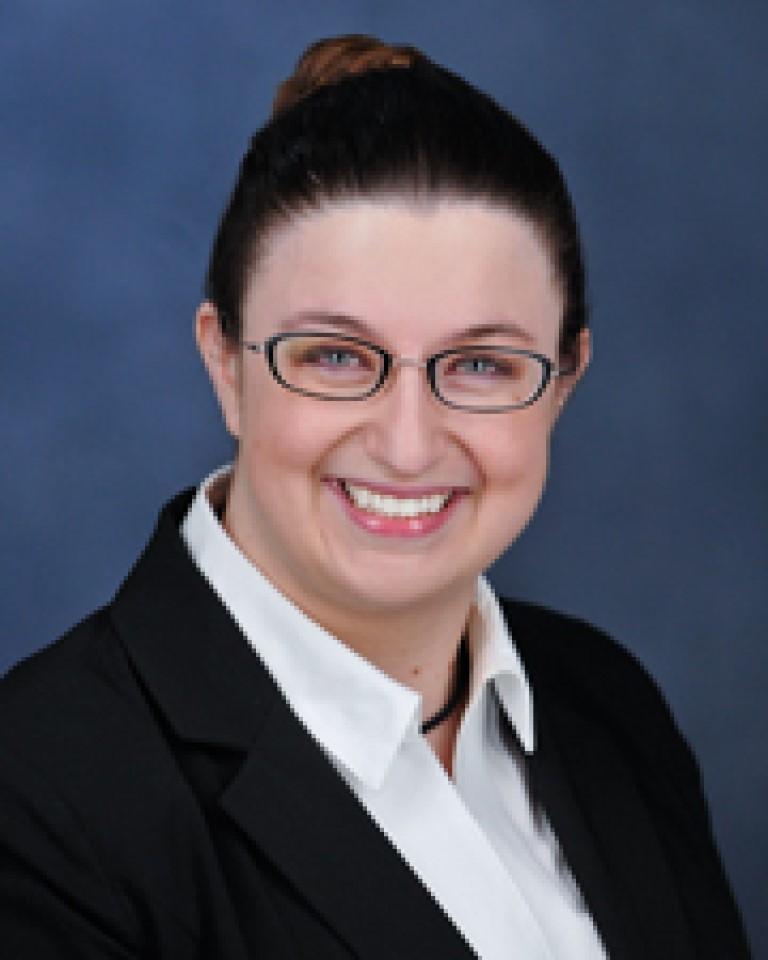Brittany Melton

MENTOR SPOTLIGHT | FEBRUARY 2019
Department: Pharmacy Practice
Describe your work in a few sentences that we can all understand: My research looks at how we use technology in healthcare to provide safer, more effective care for patients and reduce the risk of errors.
Q: How did you first get interested in doing research or creative work?
A: My first exposure to research was as a fifth grader whose parents, tired of answering my many questions, challenged me to develop a way to answer them myself. From then on, I was hooked on solving problems and answering questions. I have been continuously involved in research through science fair, internships, graduate school, and now as faculty as my interests have evolved.
Q: What do students in your discipline learn by doing research that they wouldn’t learn by just taking classes?
A: In pharmacy, we tend to think of things as right or wrong when in reality there can be an array of options for how to answer a question. Students are used to material in class being presented in black and white, so it can be difficult for them to appreciate that sometimes multiple appropriate answers could exist. Research helps us learn how to navigate the grey areas, critically evaluate information and reach a conclusion by providing a framework for answering questions that are unique.
Q: What do you find to be the most exciting part of doing research or creative work? What makes this line of work meaningful and interesting to you?
A: Being able to share the results with others and knowing that my work has had a positive impact is so important. When I get to share the study with others and they get excited about what my research can mean for them and it motivates them to pursue their own interests, then I know it was all worth it. Research has the biggest impact when others can learn from it.
Q: What advice do you have for undergraduates interested in doing research in your field?
A: Explore your interests and find something that you are passionate about and then find a mentor who has similar interests. Be open to research opportunities that aren’t what you may traditionally think of as research. Research can happen anyplace and takes a lot of different forms. It will take time and effort on the student’s part, but a lot of researchers want to share their passion with you if you are willing to commit to the work. There will be times when you think what you are doing isn’t important or impactful, but it fits into a bigger picture and can be the key to future success.
Q: For many students, doing research or a larger creative project is the first time they have done work that routinely involves setbacks and the need to troubleshoot problems. Can you tell us about a time that your research didn’t go as expected? Or about any tricks or habits that you’ve developed to help you stay resilient in the face of obstacles?
A: Expecting the unexpected is a common mantra in research. I don’t think I have ever had a study go exactly as planned. When I was in graduate school, I planned an entire study, one which I needed for graduation, got approval, and then found out that the hospital computer system I needed to use in the study was being replaced. I had to change the whole design, but the new study led to changes in that computer system which improved usability for everyone at the hospital and that would not have been done otherwise.
Q: How do you spend your time outside of work?
A: I enjoy traveling the world and searching for new and exotic yarns to knit. I also go for the occasional run with my tortoise; we don’t usually get too far.